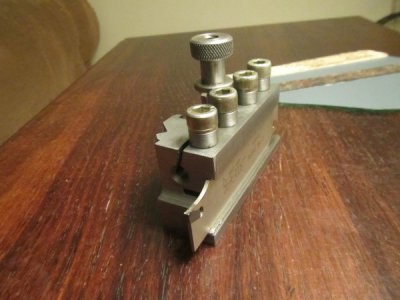- Joined
- Sep 1, 2018
- Messages
- 74
Looked through a lot of threads but have`t come up with what I`m looking for. I need help finding a basic breakdown on which type of steel to use for which project. For example I`m making a 18"x18"x5/8" grinding station(the base). It`ll have one large grinder driving 2 8" CBN wheels and a pulley driven Miller Falls bench mandrel with 1 8" de-burring wheel and 1 8"wire wheel, along with a small self driven grinder for light material and touching up my lathe bits. Now I sure as heck would`t use stainless plate for the base (though I could) but what do I use ? I will be welding to it. Also I want to make a ball turner for my lathe. Can I make this from some scrap stainless steel I have laying around or should I use something like W1 tool steel or maybe 4140 ? Being such a NEWB I have no clue what to use for which project ? Back to my point, where can I find a basic breakdown of which steels are good for what projects ? Any tips charts would be greatly appreciated. Also what if I want a harder steel but not hard like W1, what would I use ? Other then case iron what is good for lathe tooling, like a new compound tool rest base ? These are all the questions I have. Thanks in advance for any help provided, AJ


